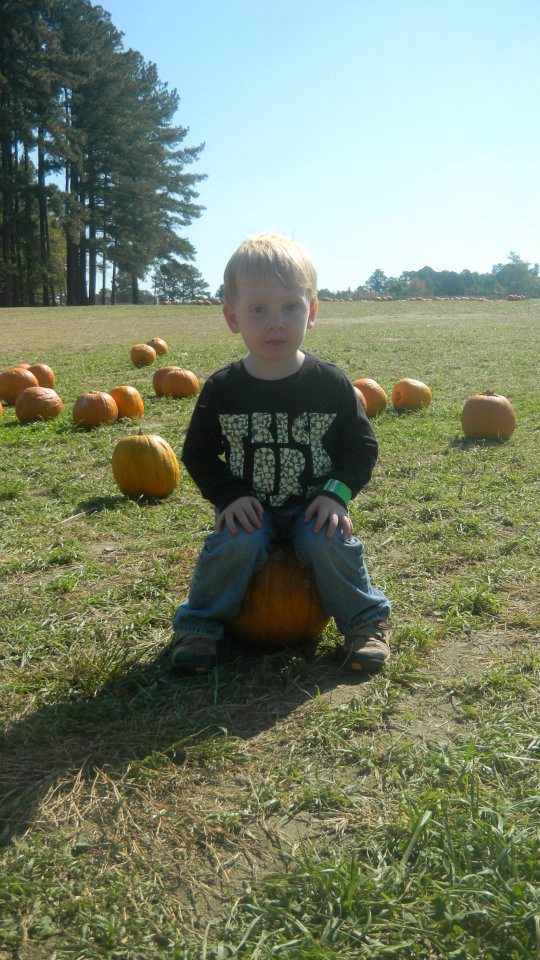This op-ed ran in today’s Raleigh News & Observer
I’m pretty lucky. Neither of my kids has ever been really sick. A cold or ear infection is about all we’ve had to deal with. Minor compared to what at least three families in North Carolina are currently going through: spending time in a hospital, hoping that an ill child recovers from the infection and toxin that is devastating their insides. The three kids have E.coli O157:H7-induced hemolytic uremic syndrome (HUS).
One of the children, 2-year-old Hunter Tallent of Cleveland County, reportedly is fighting kidney failure and dehydration. His mother said the symptoms began as vomiting and diarrhea every half-hour and got bad enough to take him to the emergency room. Friday was his third day of dialysis.
As many as 24 individuals across the state are either confirmed or suspected to be part of an outbreak of E. coli O157:H7 centered in Wake County. Health officials have said the only common link discovered so far is a visit to the State Fair, (which ran from Oct. 13-23); almost all the victims are children.
E. coli O157:H7 produces a toxin that attacks cells and creates an immune response creating blood clots. Those clots often reside in the kidneys (shutting them down) or the eyes (causing blindness). Scary stuff that can have life-long effects.
Reading about these illnesses and thinking about my kids creates a pit in my stomach. The seriousness of the tragedy and how something like this might happen shouldn’t be a surprise to anyone who works with food – farmers, processors, food handlers (commercial or domestic) – or the folks who run petting zoos and animal events.
The source of the current illnesses is unknown and, like many outbreaks, may never be pinpointed. Health officials are doing their best to keep the families and public informed of what they know, what’s being investigated and what is still unclear.
These tragedies happen often, but it’s not enough to just understand why; operators need to actually do something to reduce risks. Good fair operators are watching this case closely and evaluating whether their current strategies would have avoided the outbreak. Changes might mean adjusting a process, increased training, testing and better communication of risks to patrons.
In an ideal situation, all individuals involved with food or animal handling, from the sanitation staff to the managers to patrons, would know what risks exist, what the consequences are, how to manage them – and, actually do it. In the food industry this is called employing a good food safety culture. By using a variety of tools, organizations can support the culture by demonstrating to their staff (either paid or volunteers) and patrons that reducing the risk of getting sick is valued.
At the root of a good food safety culture is recognition by everyone that it’s really important that things go right all the time. The stakes are too high if they don’t: kids end up in hospital.
A few years ago while I was researching food safety in restaurants, a national outbreak of E.coli O157:H7-contaminated spinach linked to 200 illnesses and three deaths was unfolding. During the project, I interviewed the owner of a restaurant who, when asked about his responsibility if his food made a patron ill, chuckled through his answer and responded, "What do I owe them? A couple of rolls of toilet paper? This whole thing is overblown. If someone gets sick, they’ll get over it quick."
He didn’t get it, and I never went back to that restaurant.
